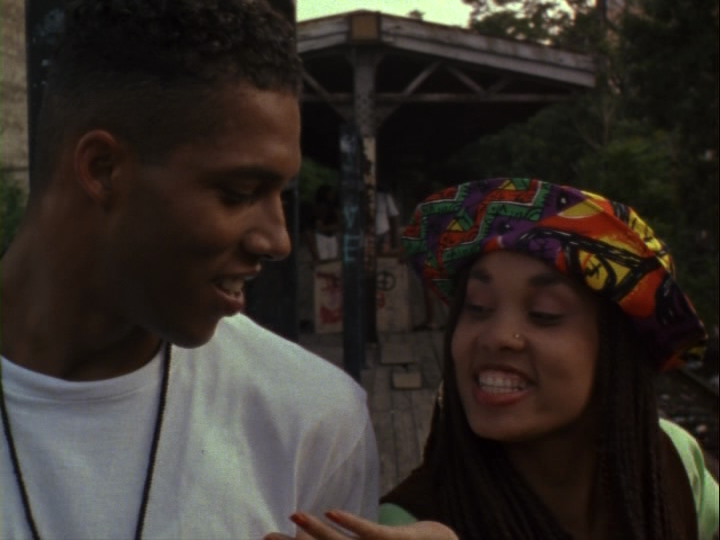Clockers (1995)
- margielainparis
- Sep 15, 2025
- 2 min read
The film is based on Richard Price’s 1992 novel Clockers, which explored life around New Jersey housing projects and the crack epidemic.
Originally, Martin Scorsese was attached to direct, with Robert De Niro considered for the detective role. Scorsese stepped aside but stayed on as a producer, inviting Spike Lee to take the helm.
Lee and Price co-wrote the screenplay, with Lee reworking the story to highlight systemic racism, police brutality, and the social realities of Black communities—deepening its political dimension.
Harvey Keitel plays Detective Rocco Klein, a role first envisioned for De Niro. Keitel had already worked with Scorsese, adding continuity to the project.
Mekhi Phifer, in his film debut, was cast as Strike (the young drug dealer). Phifer was discovered at an open casting call, and his raw, unpolished presence gave the role authenticity.
Supporting cast includes Delroy Lindo, John Turturro, and Isaiah Washington, blending Lee’s regular collaborators with new talent.
Cinematography by Malik Hassan Sayeed captured a gritty, street-level realism while also weaving in stylized camera movements typical of Lee.
Lee used real New York housing projects and cast locals alongside professional actors to ground the film in authenticity.
His signature visual techniques—like direct-to-camera monologues and heightened color palettes—emphasize moral tension and emotional stakes.
While the book centered heavily on the cat-and-mouse police investigation, Lee shifted the focus toward the human cost of the drug trade and systemic poverty.
The film explores how young Black men are criminalized and trapped in cycles of violence, while also scrutinizing how law enforcement interacts with these communities.
Lee’s changes to Price’s original narrative brought in sharper racial and political commentary, reflecting his larger body of work.
Upon release, Clockers received mixed-to-positive reviews—praised for its ambition and performances (especially Phifer and Lindo), though some critics found it uneven compared to Lee’s earlier work.
Over time, it’s been reassessed as a significant entry in Lee’s career: a blend of crime thriller and social critique.
It also influenced later urban crime dramas, laying groundwork for TV series like The Wire (Richard Price later wrote for it).











Comments